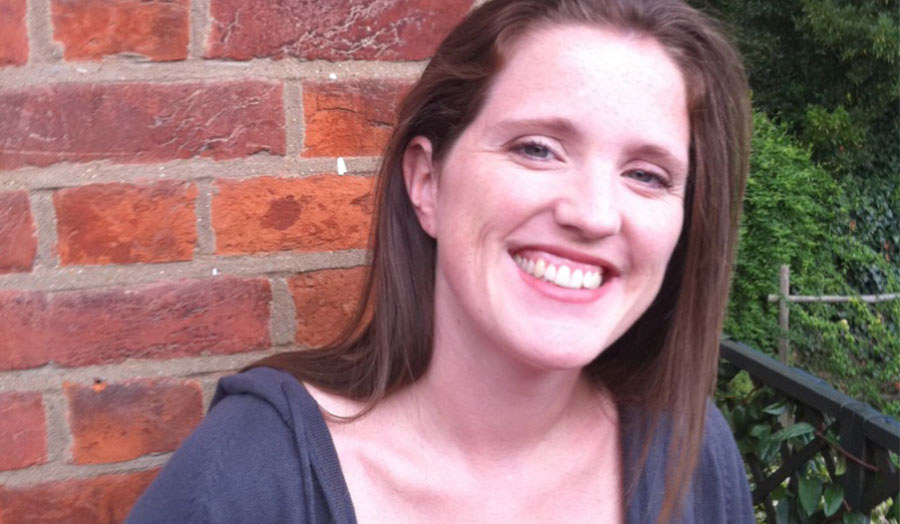The prospect of writing an essay can often be daunting, especially if you’ve not had much experience of writing one before. While a few might look forward to the challenge of plunging into their latest essay, for most of us an empty Word document on a computer screen fills us with dread.
But there’s good news! Our students receive continuous study support throughout their university life. You’ll find no end of advice available to guide you through your academic writing, whether it’s the first essay you’ve written or your final year dissertation. Even better news? Essay writing is a great way to explore a topic and gain further understanding of your subject. You never know, you might even find yourself enjoying the process…
We’ve put together our top tips to help you gain confidence when it comes to writing academically.
How to write a good essay
Essay structures can vary from course to course, so we’d recommend thoroughly checking your course guidelines to make sure you’re following the correct format for your subject.
Written assignments give you the opportunity to showcase your knowledge and show what theories and research have influenced you. It’s important to remember that your writing will be read by someone else, so it needs to be written in a way that is explained clearly and can be easily digested.
When planning your essay you’ll need to express a clear argument and ensure that your ideas and content are structured logically, from introduction to conclusion. You’ll need to establish your core idea(s) and then evidence your conclusions with research or studies. Ultimately, the purpose of your essay is to convince the reader that any claims you make are valid by creating a clear argument that’s supported by evidence.
How to structure your essay
Essay structure can vary slightly from course to course. Typically, the main structure to follow consists of four distinct sections: the introduction, the main body, the conclusion and the bibliography.
It’s important to note that essays may not always follow the above structure. If you’re not sure, you can ask your lecturer for advice and guidance throughout your writing process.
Where to begin
Your introduction should set out the core argument of your essay. You should explain what you’re writing about and touch on the themes or arguments you’ll be exploring.
Your introduction should take up approximately five per cent of your overall essay.
How to write the main body of your essay
This is the main part of your essay where you’ll develop ideas and make a case for your arguments. Each paragraph should develop a new idea, offer a supporting explanation and include evidence and sources that support this claim. Your essay should argue your point of view and be written as if the reader is not an expert.
The length of this section depends on the essay word count. For example, a course may require 1,000 words with a deviation of 100 words, meaning your essay should fall between 900 and 1,100 words.
It’s important that your essay is written naturally and the reader doesn’t think you’re just ‘waffling’ to reach the word count. We’d suggest writing more than the word count and then editing it down to make your essay more concise.
How to write your conclusion
Your conclusion allows you to round up your comments into a convincing argument. It’s not the place to start stating new claims and ideas that you’ve not previously included.
You should also restate the theories you proposed in your introduction and use the research you’ve cited throughout the main body of your essay to make your final case.
Getting your bibliography right
This comes at the end of your essay and is the place you list all of your sources such as publications, journals, websites or films.
You should format your bibliography in alphabetical order by the author’s surname. If you’re unsure of the exact bibliography style to use, ask your teacher or lecturer for more advice. Just make sure you do this well in advance of your deadline date.

.jpg)






















.jpg)




.jpg)
.jpg)



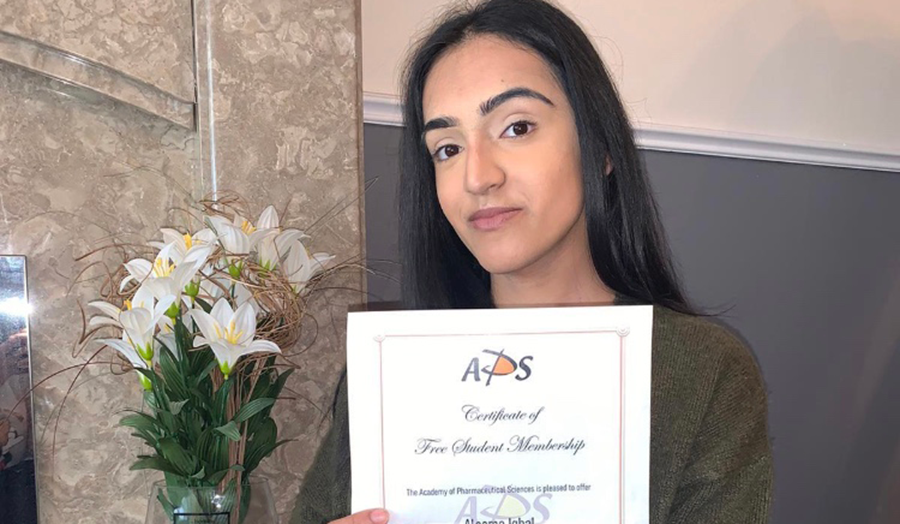



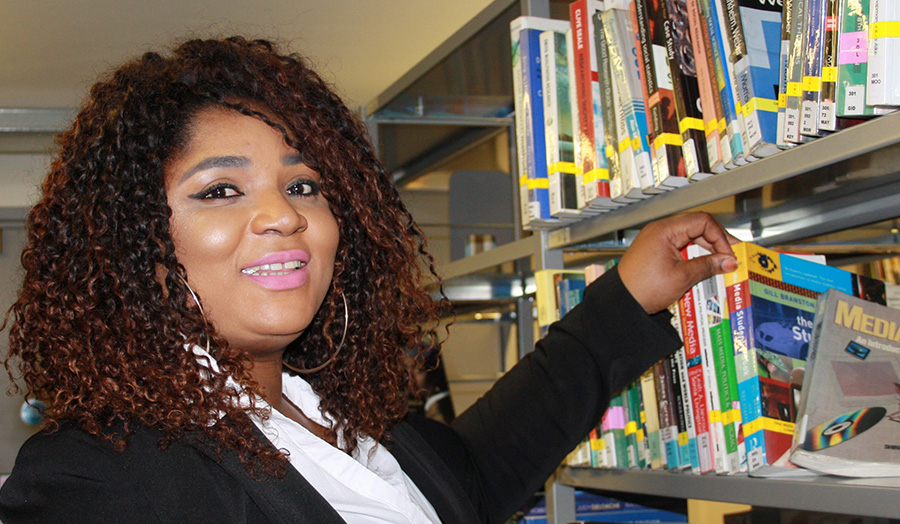


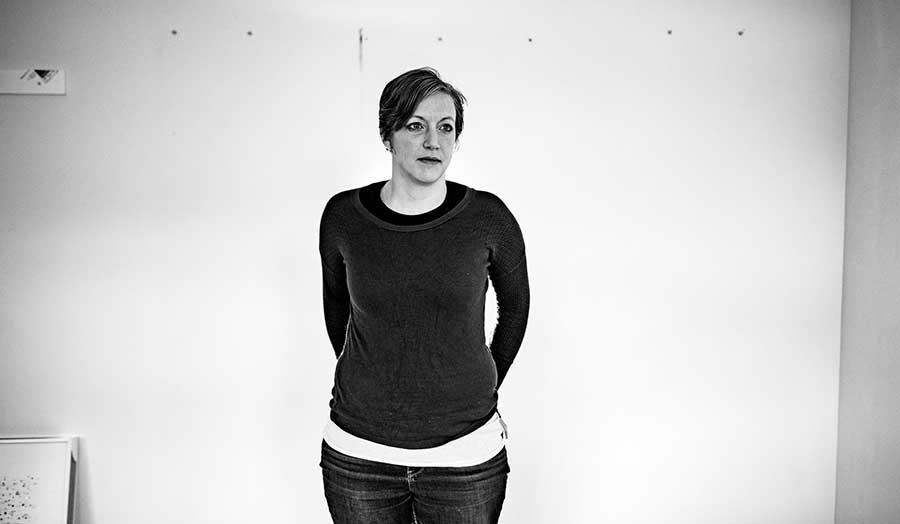
.jpg)
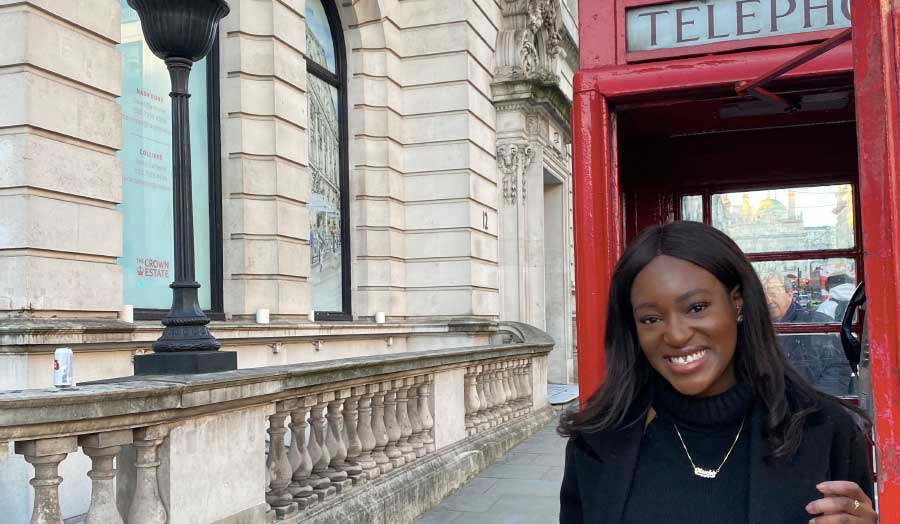


.jpg)





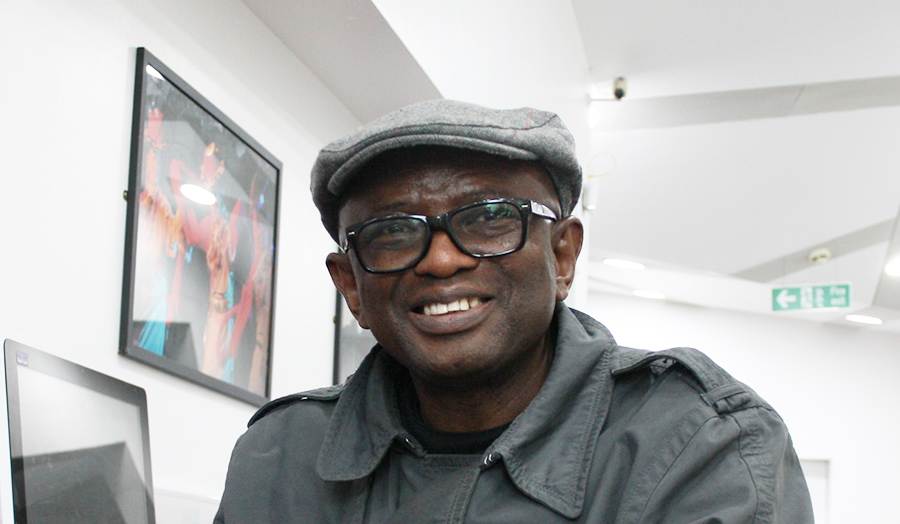




.jpg)


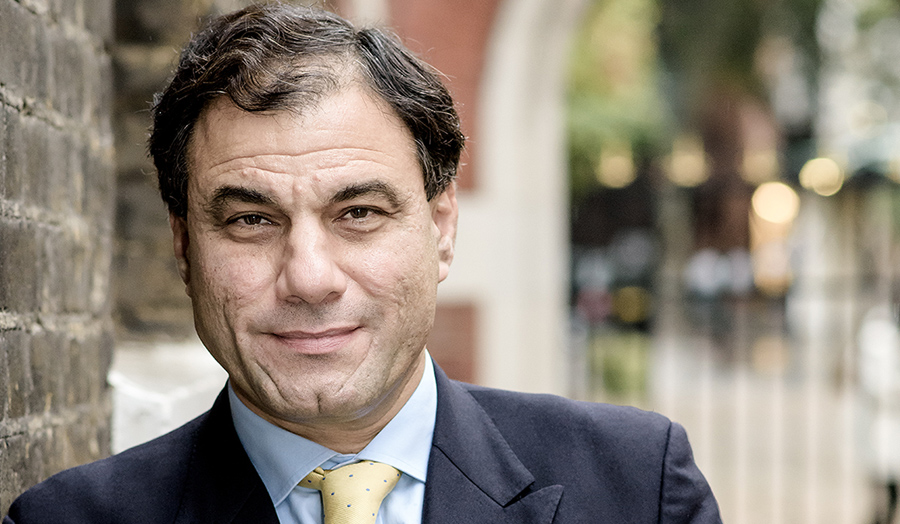






.jpg)
